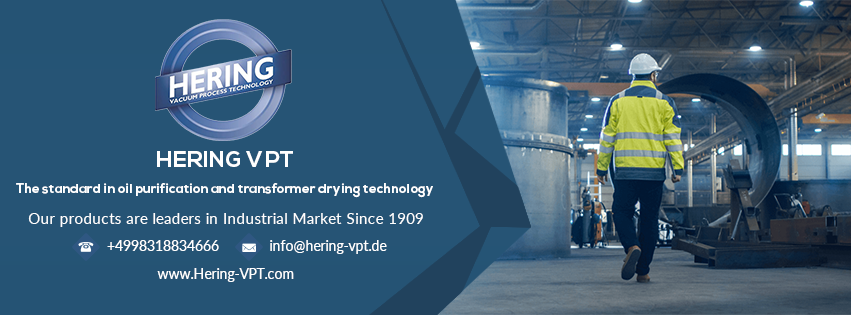
Recycling transformer oil is a crucial aspect of maintaining a clean and safe environment. Transformer oil disposal near me is an important consideration for companies and individuals who use electrical transformers. Transformer oil disposal is necessary to avoid causing harm to the environment and recycling transformer oil can not only protect the environment but also save money for the company. Companies that offer transformer disposal service are typically equipped with recycling and transformer disposal capabilities, they can safely handle and dispose of the used transformer oil. Additionally, some companies may have a transformer disposal capabilities statement, which highlights their commitment to responsible and environmentally-friendly disposal of transformers and transformer oil, as well as their recycling and disposal processes and any certifications or accreditations they have earned in the field of transformer disposal.
Our aim is to ensure that your Transformer oils are optimized for maximum longevity and quality to improve efficiency. We are ethically committed to preserving the environment and believe that recycling transformer oil the right way is very essential. This is why Hering VPT is not limited to just providing you with the necessary infrastructure. Our team of highly trained, capable engineers are available for our global clients at any time. They are prepared to impart training to your staff regarding the maintenance of Transformer oils and the corresponding Hering VPT products, equipment as well. They also verify that your staff can handle all of our products and respond to particular situations in a professional manner.
The properties of Transformer oil are a major factor to look into while considering the overall life and maintenance of a Transformer. The primary use of Transformer oil emerged when there was an increasing demand for electricity and the electric loads began rising exponentially. Transformers began to get burdened with equipment failures due to overheating issues. The purpose of the dielectric insulating fluid was to act as a coolant and protect the equipment from extreme temperatures. With increasing demands, the Transformer Oil begins to degrade over time.
Our German technology is double checked and assured by our team of quality engineers before we install them for our clients. We make sure that the huge amounts of waste oil is being reclaimed and brought to even better than new conditions by removing moisture and other contaminants from the oil. The moisture can cause oxidation which can be harmful to the hardware. We are experts in recycling Transformer oil many times until it can’t be used any more.
HERING systems are capable of Oil Treatment at any scale ranging from a minimum of 50 litres/ hour for standard laboratory setups up to 27,000 litres/ hour. You can directly contact the Hering VPT expert team for custom plans because we understand that requirements can be different and specific to your geography. The waste generated from Reclaiming Transformer oil can be safely dumped into a landfill and ensure that they don’t pose any harm to the environment. It is very important to be cautious while treating waste Transformer oil. If not treated properly, they can end up being toxic and harmful to the people and the surroundings.
The dielectric properties of Transformer oil are one of the main factors that help assess the quality of transformer oil. When the dielectric capacity of Transformer oil deteriorates, It has to be recycled so that the dielectric properties can be restored.
Hering VPT systems are designed to restore dielectric properties of Transformer oil by using its drying and degassing systems designed for any scale. It works by removing moisture, and other impurities that oxidize the oil and create sludge, which affects the functioning and efficiency of the transformer. After the oil cannot be restored anymore, Hering VPT equipment is available to create usable lube oils from the waste transformer oil.
Hering VPT is capable of designing Transformer oil recycling solutions for various needs and any scale. We undertake projects requiring a minimum capacity to process and recycle 50 liters of Transformer oil per hour. This is typically used for laboratory setups for testing and other small scale research and analysis purposes. The scope of our transformer oil recycling capabilities extends up to 27000 liters per hour, which is common among large scale manufacturing setups and huge factories. We understand that needs and requirements can vary according to the purpose and even regulations depending on specific geographic locations. Hering VPT professionals are trained and equipped to assist setups at any scale, worldwide.
Transformers are high-cost investments and they need to be operated with extreme caution. Transformer oil was introduced in transformers to function as a coolant due to high temperatures generated inside the equipment during prolonged usage. Without Transformer oil, there will be equipment failure due to overheating. Transformer oil tends to get contaminated with moisture and other impurities over time. This affects the transformer’s ability to perform optimally because the dielectric properties of Transformer oil is sharply reduced. This is why transformer oil should be regularly monitored and maintained and recycled as they directly impact the efficiency of the Transformer. Hering VPT equipment is specially designed to recycle transformer oil and restore the dielectric properties so that the Transformer can function efficiently.
Transformer oil is expensive and it needs to be reused and recycled by restoring its dielectric properties. By making use of Hering VPT equipment like Transformer Oil Recycling Plants, Transformer Oil Regeneration systems or TORS and some others. Whether using standard or advanced plans provided by Hering, Transformer Oil can be recycled up to 100 times and be restored to even better than new quality. Hering VPT also provides solutions for online drying and degassing. This means that the Transformer Oil can be recycled without shutting down the system and while the Transformer is still operational. This can prevent unnecessary downtime as well.


